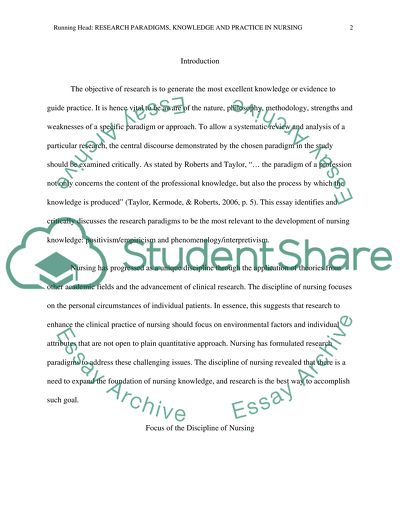Cite this document
(“Research Paradigms, Knowledge and Practice Essay”, n.d.)
Research Paradigms, Knowledge and Practice Essay. Retrieved from https://studentshare.org/nursing/1482594-research-paradigms-knowledge-and-practice
Research Paradigms, Knowledge and Practice Essay. Retrieved from https://studentshare.org/nursing/1482594-research-paradigms-knowledge-and-practice
(Research Paradigms, Knowledge and Practice Essay)
Research Paradigms, Knowledge and Practice Essay. https://studentshare.org/nursing/1482594-research-paradigms-knowledge-and-practice.
Research Paradigms, Knowledge and Practice Essay. https://studentshare.org/nursing/1482594-research-paradigms-knowledge-and-practice.
“Research Paradigms, Knowledge and Practice Essay”, n.d. https://studentshare.org/nursing/1482594-research-paradigms-knowledge-and-practice.


